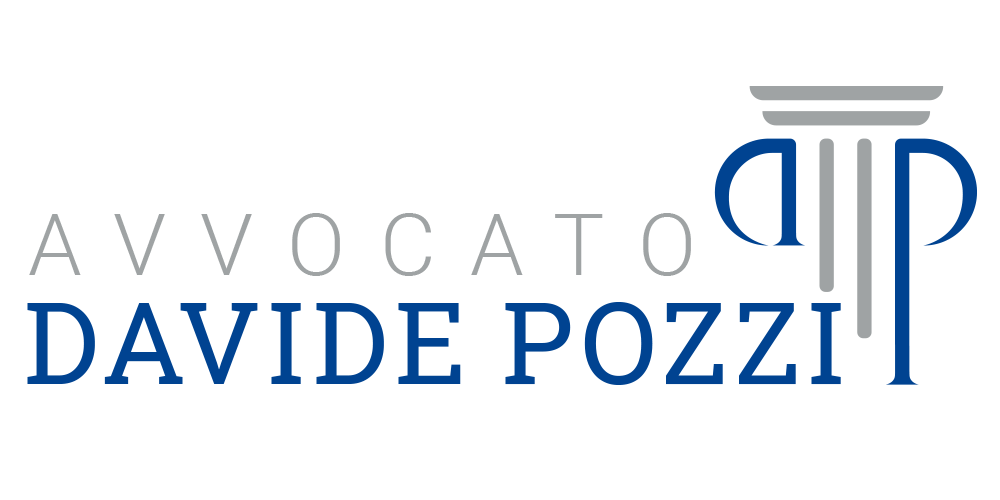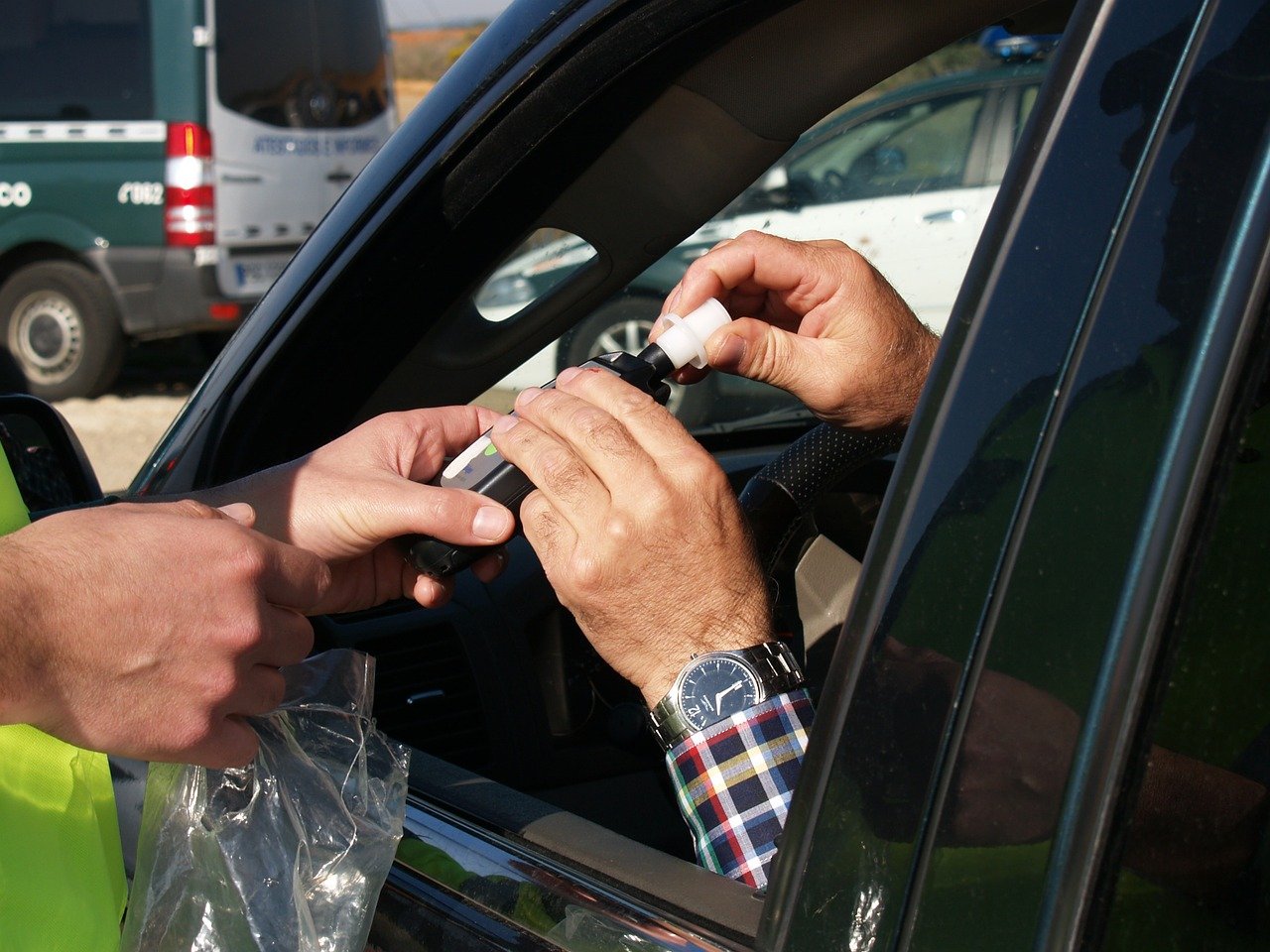Cases studied
It concerned, therefore, in a hypothesis equal to more than four times the legal limit.
Specifically, the accused (a boy in his early twenties) was stopped driving his car for a routine check by a Carabinieri patrol and was subjected to two tests with the alcohol test (as required by law) that gave him outcomes indicated above.
During the trial, the contribution of the defense consultant (very experienced expert on the subject, former member of the Parma RIS) was decisive, who managed to demonstrate that a person with an alcoholic level of that magnitude could never drive a vehicle referring to a hypothesis of “ethyl coma”. The police, then, had only found a “winy breath” without the additional classic symptoms of severe alcohol intoxication such as disjointed speech, staggering gait and absent gaze.
Finally, the signature affixed by the accused to the statement of objection was completely normal while in cases of severe intoxication / drunkenness the subject is absolutely unable to put a signature equal to that usually in use.
By virtue of these elements, having placed considerable doubts on the correct functioning of the breathalyser, the accused was acquitted by the judge.
This case shows that the contribution of an expert expert who can scientifically disassemble the accusatory implant is essential.
Final results
In the case in question, the personal investigation of the Guardia di Finanza – following a search of a shop that carried out the activity of repairer of IT devices (mostly cell phones) – carried out the seizure of various components and spare parts for cell phones deemed counterfeit .
This seizure carried out by the Guardia di Finanza was validated by the prosecuting public prosecutor and the defense lodged an appeal before the Review Court which accepted the appeal and ordered the restitution of the assets to the person under investigation.
This case is interesting as the Court accepted the encumbrance for purely formal reasons (procedural exceptions) and in any case returned the assets subject to seizure even though they were subject to mandatory confiscation as governed by a special rather than general rule pursuant to art. 240 c.p.


